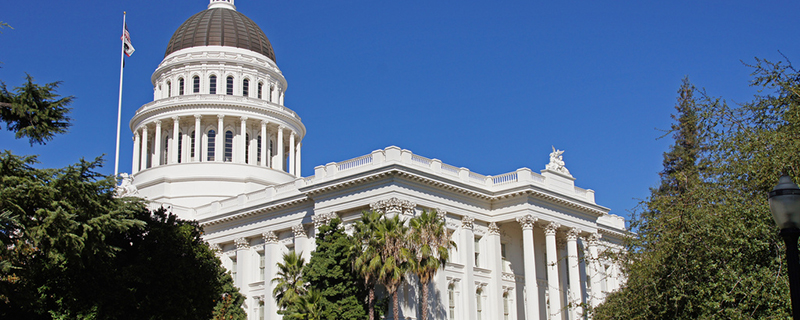Uber customers might have noticed a new fee that’s appearing on their charges. Now, who do we have to thank for that? Oh, yes, the lawmakers who tried to destroy the gig economy and its millions of jobs.
Uber added a “California Driver Benefits Fee” to its charges on Dec. 14. Two days later, DoorDash added “slight percentage increases” on food deliveries. Rates vary, but the San Francisco Examiner reports San Francisco customers “can expect to see up to 30 cents tacked on to rides and up to $2 on food deliveries,” while Restaurant Dive says food delivery bills in Los Angeles will be 99 cents higher. Lyft hasn’t announced fee increases but reportedly hasn’t ruled out the possibility of including them later.
Activists are naturally casting the companies as villains.
“It is shameless that these billion dollar corporations have spent millions to deny workers real benefits and are now offsetting the costs of their nearly nonexistent benefits to riders,” Gig Workers Rising, a group that opposed Proposition 22, said in a prepared statement.
Activists can afford to ignore the reality of economics. Businesses cannot, if they want to avoid failure. Any blame should be directed toward the lawmakers who voted for Assembly Bill 5, the legislation that forced the rideshare companies to put Proposition 22 on the ballot to protect their businesses.
Prop 22, which allows app-based drivers to be independent contractors rather than hired employees, was passed with nearly 59% of the vote. While it in part stopped AB5’s destruction of the gig economy – the law’s standard for classifying workers as independent contractors rather than hired employees is nearly impossible to meet – it allowed for some concessions. For instance, Uber, Lyft, DoorDash and others have to provide health care subsidies to the drivers logging the heaviest hours, and make occupational accident insurance available. There is also an earnings floor calculated off the local minimum wage.
Though the costs of the benefits are “less dramatic compared to what would have occurred under AB5,” they are costs nonetheless. The money will have to come from somewhere, and, as always, when news costs are imposed on businesses, through taxes, regulation, and even ballot measures, they are passed on to consumers. After Seattle began its journey to a $15-an-hour minimum wage a few years ago, businesses began adding living-wage surcharges, sometimes as high as 6%, to customers’ bills. Before that, some businesses, primarily restaurants, were adding surcharges to offset their Obamacare costs. A small Florida chain said in 2014 that because costs associated with complying with the Affordable Care Act “could ultimately close our doors,” it was implementing “a 1% surcharge on all food and beverage purchases.”
Since consumers ultimately determine prices, there are limits to passing on costs, and that itself can negatively impact a company’s profitability. But when businesses are able, they will neutralize their increased expenses to the extent the market allows. That lawmakers seem to never consider this is no surprise, since they rarely have reservations about increasing companies’ overhead.
Kerry Jackson is a fellow with the Center for California Reform at the Pacific Research Institute.

